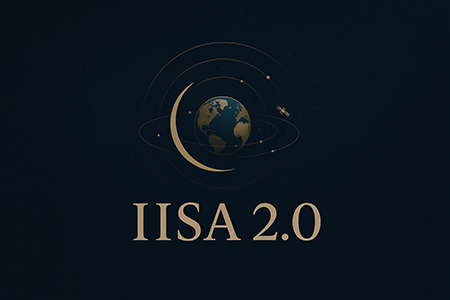By Gabi Howell
Turkey:
The Mosul Operation’s coalition forces are being pestered by the new dispute between Iraq and Turkey. The mounting tension originated from the Turkish decision to continue to leave troops stationed in Iraq until the threat of ISIS has been completely destroyed. In turn the Iraqi Prime Minister Haider Abadi declared Turkey should not only leave Iraq but also play no role in the Mosul offensive as it violates their sovereignty. Threats continue to be launched between Abadi and Erdogan in regards to the role of Turkish troops in Mosul.
The leading role of the Unites States in the Mosul Operation tends to see them oppose Turkeys attempt to have influence particularly due to the growing sore point between US and Turkish relations in regards to the Kurdish troops in Syria. The US sees the YPG as one of their greatest allies in the region, who have made significant gains in their battles with ISIS. However the YPG’s links to the Turkish Kurdistan Workers Party, or PKK, have left Erdogan ever more determined to remove the group, classed as a terrorist organisation, in Turkey and the surrounding region.
On the 21st October Secretary of Defence Ash Carter claimed Turkey now understand that the United States believes it is important for Erdogan to respect Iraqi sovereignty, but will not push the Turkish parliament to remove all forces from Iraq. In response Ankara, in principle, has agreed to negotiate with Baghdad on the Mosul Operation issues. Since Operation Mosul is already underway, with the coalition already having recaptured 100 square kilometres of territory it is unknown if the discussion between Erdogan and Abadi will be completed in time to see Turkish troops involved in the fighting. However, the mounting tensions over the past month have opened up questions of Turkish foreign relations leaning towards support from Saudi Arabia and Russia respectively.
Lebanon:
On the 17th October EU foreign ministers agreed a new way forward in regards to creating new areas of peace and stability in Syria and the surrounding region. A partnership with Lebanon, beginning in 2016 and ending in 2020, and Jordan (2016-2018) has been created. The incorporation of these two nations in the agreement will further create a safe environment for refugees and displaced persons from the Syrian conflict. The mutual commitments of the involved nations calls on “Supporting Syria and the Region Conference” and has been in the making since February 2016.
The commitment from EU nations comes at a much needed time for Lebanon which is struggling under the burden of housing one million Syrian refugees in a population which barely exceeds five million. Lebanon has the highest number of displaced persons and refugees both per capita and per square kilometre. The new arrangement seeks to strengthen economic reliance’s of the two host nations, while creating economic opportunities for Syrian refugees by enabling them to access employment and education. The partnership is assumed to be approved by the EU-Lebanon Association council and the Jordanian counterpart in the coming weeks. The partnership priorities for the EU-Lebanon relations seeks to include security and countering terrorism, fostering growth and opportunities by gaining financial support and assistance from the EU in a number of policy areas.
The agreement however could face serious obstacles in Lebanon as tensions arise within the political sphere. Nabih Berri, the speaker of the Lebanese Parliament accused General Michel Aoun (founder of the Free Patriotic Movement) and the former Prime Minister Saad Hariri of ‘seeing to topple political shiism’ in Lebanon. His warnings ended with the threat of a new civil war. This was followed by Hariri endorsing Aoun (a leading Christian politician and strong ally of Hezbollah) to be the next President of Lebanon after a 24 month deadlock.
Though news outlets around the world mock the inability of Lebanon to elect a President, even joking that Brazil elected a Lebanese President before Lebanon manged too, the real power in Lebanese politics remains in the hands of Speaker of Parliament, Berri, and then the Prime Minister. However the election of a President could worsen the situation in Lebanon which has been managing well without a president due to the position being elected by Parliament, which have illegally been extending their time in office since 2013 due to ‘security concerns’. Aoun, if elected president also raises serious doubts in regards to relations with the west, and in particular this new agreement with the UN. Aoun openly takes a pro-Assad stance in regards to Syria and calls the refugee crisis a “threat to Lebanon’s identity”.
The new partnership with the EU promises to offer help to a nation struggling with the influx of refugees from neighbouring Syria. However due to the political turmoil in the country the safety of these refugees could be questioned is a Pro-Assad President is elected. Furthermore the questions raised by the lack of a President appear to actually have no impact since the position currently seems futile. Instead the problem of the presidency appears to offer a distraction for Lebanese citizens who otherwise would begin questioning and challenging the archaic system in regards to voting laws, the illegal extensions parliament are pulling, Berri’s ability to hold speaker of the house since 1992 and social issues through the nation which are not enshrined in law, but rest of religious institutions interpretations.
